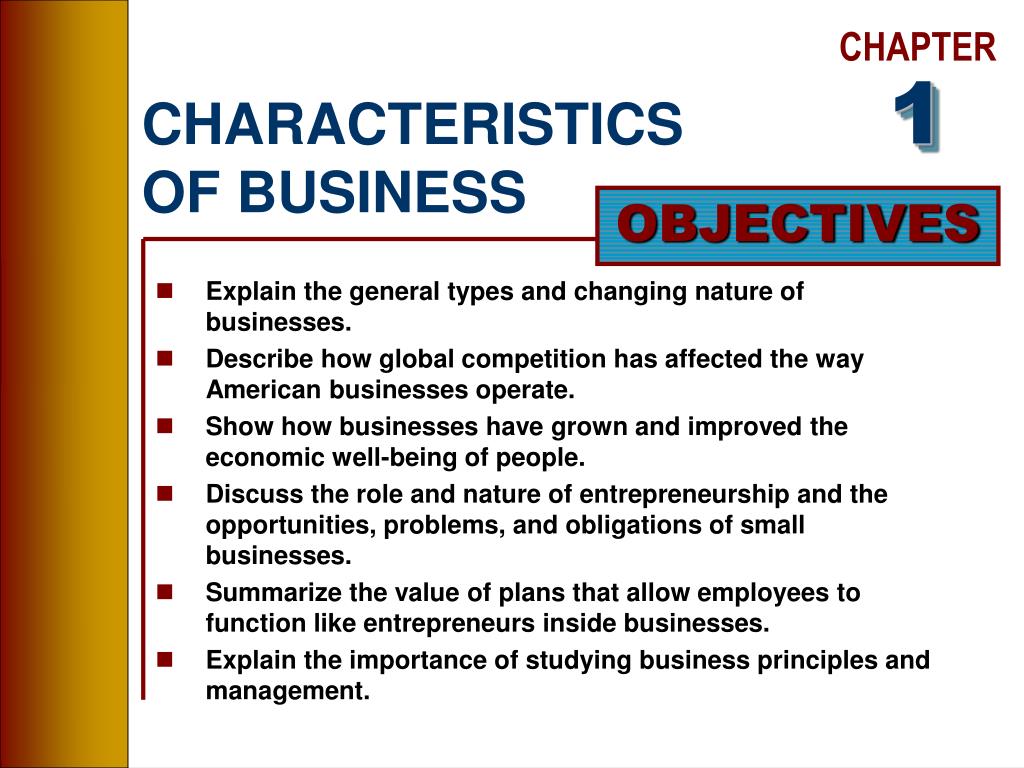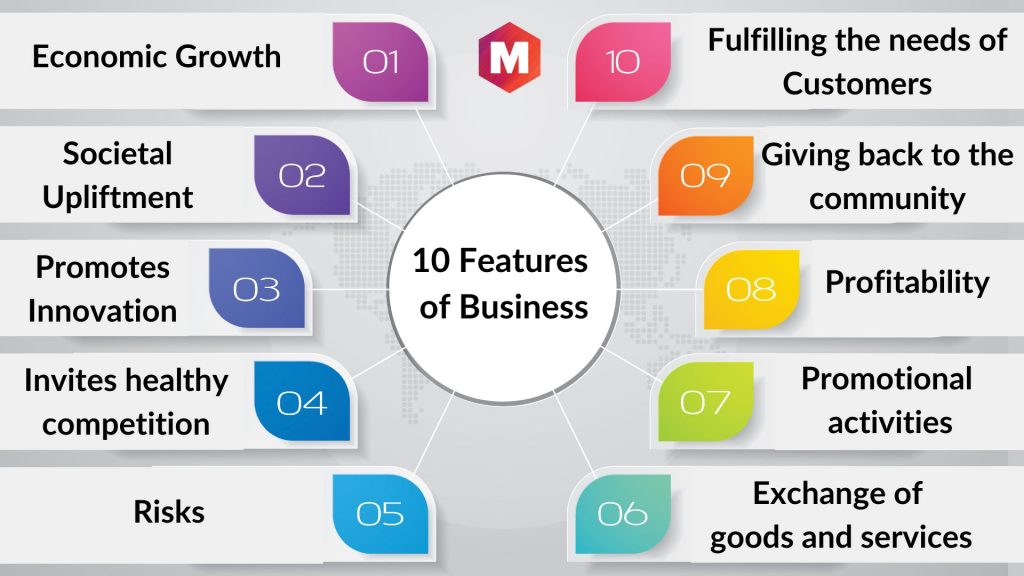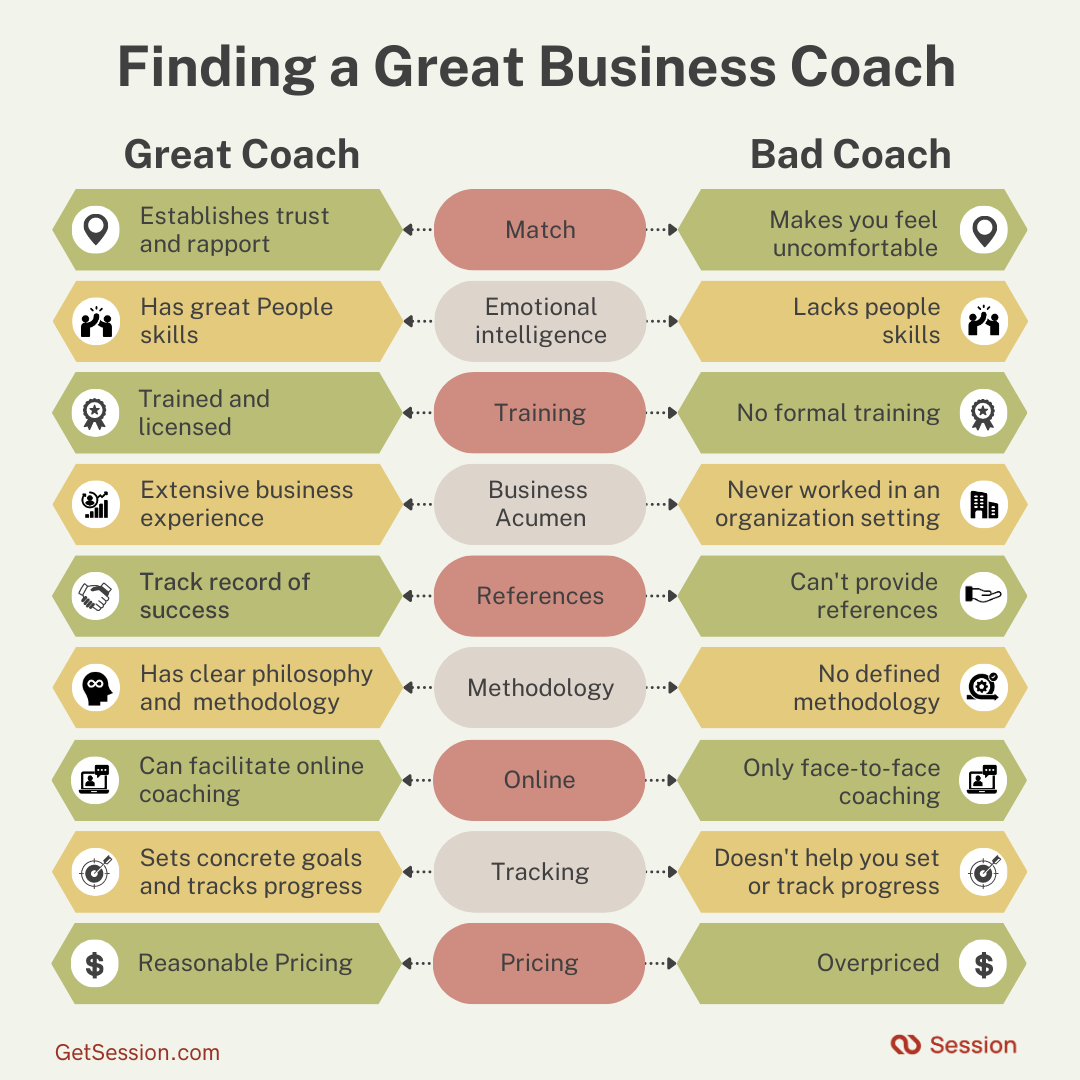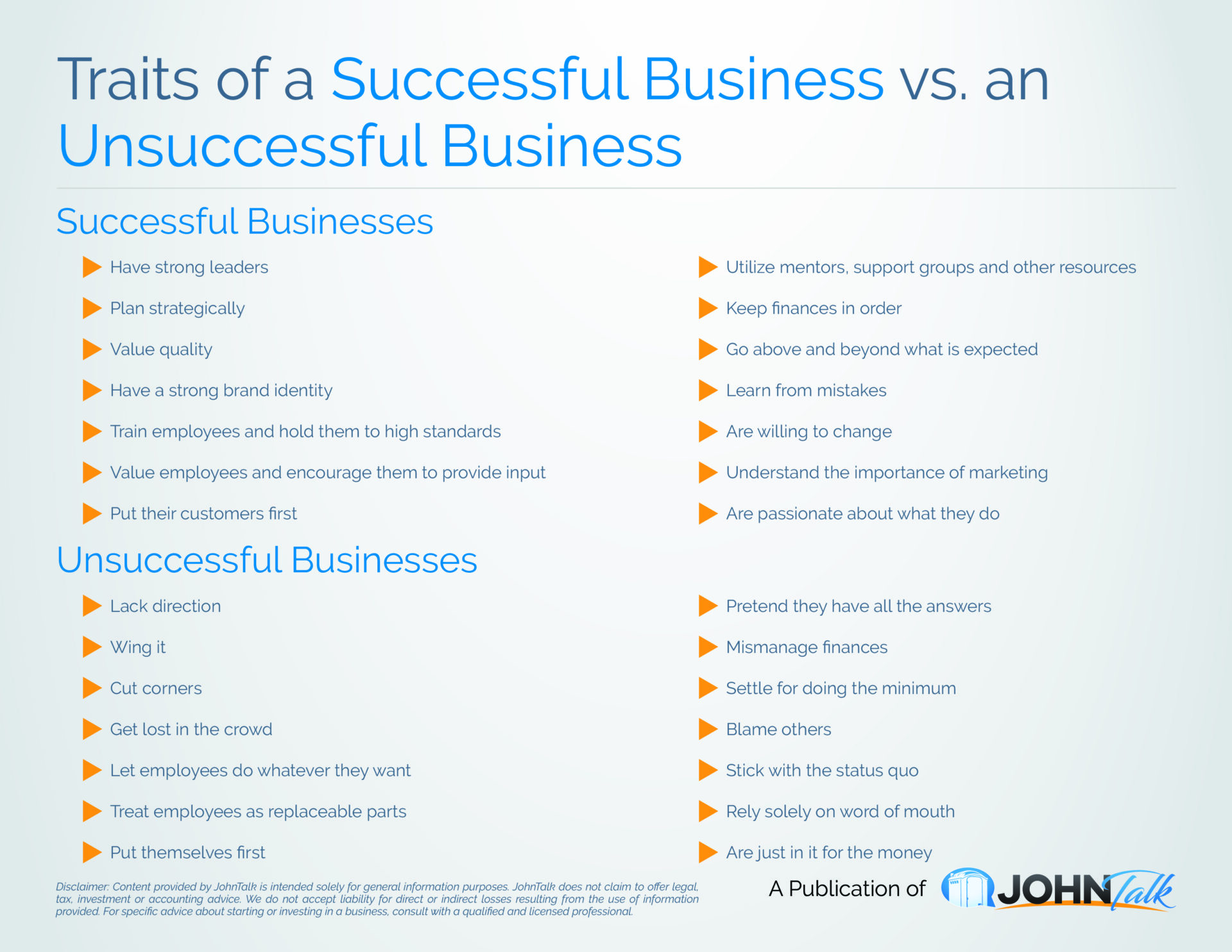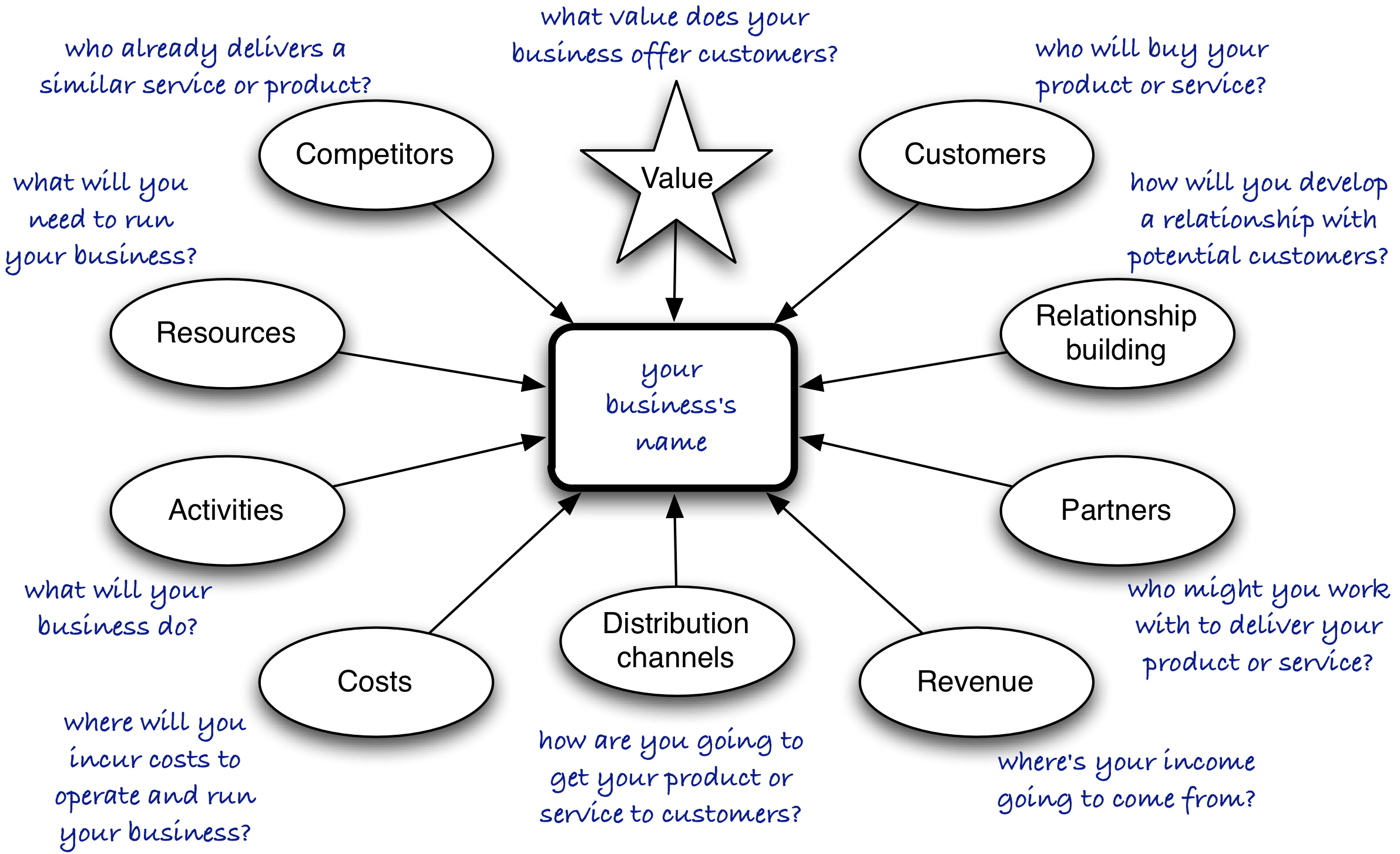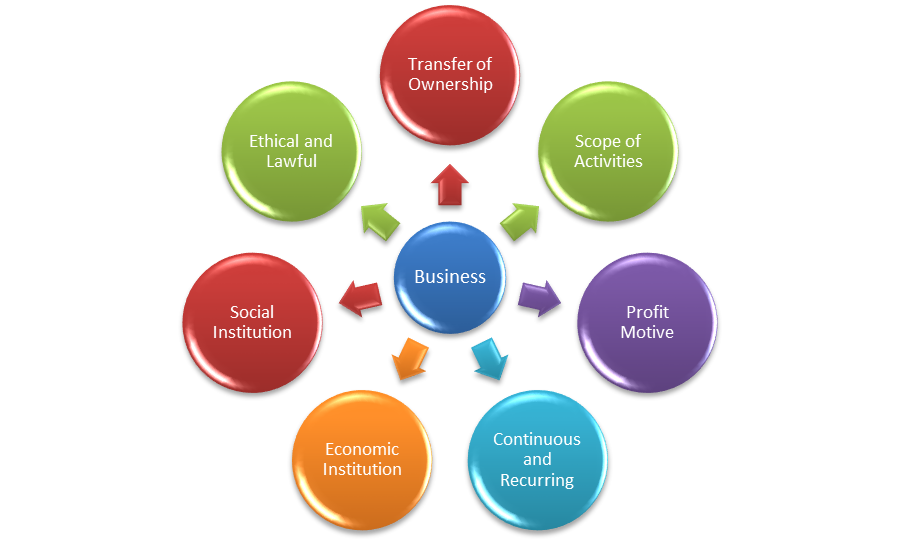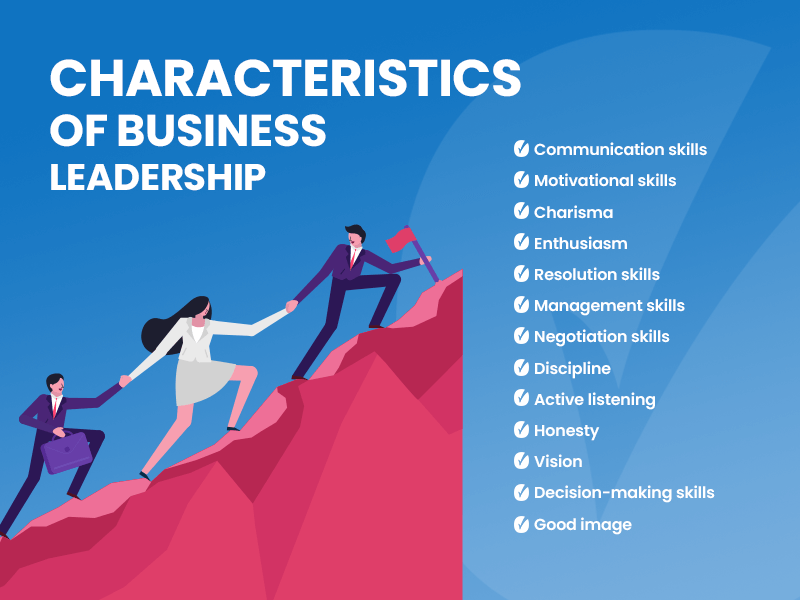What Are The Characteristics Of A Good Business

Businesses face a constant barrage of challenges, but some consistently outperform others. Understanding the characteristics that set successful businesses apart is critical for entrepreneurs and investors alike.
This article distills the core elements of a thriving business, providing actionable insights based on industry data and expert analysis. We'll explore what truly makes a business "good" in today's competitive landscape.
Financial Health: The Bedrock of Success
A strong financial foundation is paramount. This starts with consistent profitability, demonstrating the business can generate more revenue than expenses over time.
Healthy cash flow is also crucial. Companies need enough liquid assets to cover short-term obligations and seize opportunities without taking on excessive debt.
Data from the Small Business Administration (SBA) shows that businesses with detailed financial planning are 50% more likely to succeed.
Customer-Centricity: Putting People First
Successful businesses prioritize their customers. Exceptional customer service, personalized experiences, and a genuine commitment to solving customer problems are essential.
According to a report by Bain & Company, companies that excel in customer experience grow revenues 4-8% above their market average.
Customer feedback is actively sought and used to improve products and services, fostering loyalty and advocacy.
Innovation and Adaptability: Staying Ahead of the Curve
The business world is constantly evolving. Good businesses embrace innovation, continuously seeking new ways to improve their offerings and processes.
This includes investing in research and development, exploring new technologies, and adapting to changing market trends.
A study by McKinsey found that companies that prioritize innovation outperform their peers by 2.2% in terms of annual revenue growth.
Strong Leadership and Company Culture
Effective leadership is critical for guiding a business to success. This involves setting a clear vision, inspiring employees, and making tough decisions.
A positive company culture fosters collaboration, creativity, and employee engagement. Engaged employees are more productive and contribute to a better customer experience.
Gallup research indicates that companies with high employee engagement are 21% more profitable.
Efficient Operations and Scalability
Efficient operations are essential for maximizing profitability. This includes streamlining processes, reducing waste, and optimizing resource allocation.
Scalability is the ability to grow the business without significantly increasing costs. It is critical for long-term success and attracting investors.
Businesses that can effectively scale their operations are better positioned to capitalize on market opportunities.
Risk Management and Compliance
Good businesses proactively manage risk. This involves identifying potential threats, developing mitigation strategies, and adhering to all relevant regulations.
Compliance with legal and ethical standards is non-negotiable. Reputational damage from misconduct can be devastating.
Proper risk management protects the business from unforeseen events and ensures long-term sustainability.
Data-Driven Decision Making
Businesses should make data-driven decision. This is to use data analytics and other tools to gain insights into customer behavior, market trends, and operational performance. This can help business to make informed decisions.
Social Responsibility
Businesses need to operate responsibly. This includes minimizing environmental impact, supporting local communities, and promoting ethical labor practices. Customers and stakeholders increasingly expect businesses to be socially responsible.
Conclusion: Building a Foundation for Enduring Success
The characteristics outlined above are essential for building a successful and sustainable business. Focusing on financial health, customer-centricity, innovation, strong leadership, efficient operations, risk management, data-driven decission making, and social responsibility will significantly increase the odds of success.
Entrepreneurs and investors should use these insights to guide their decisions and build businesses that thrive in the long run. Continual monitoring of these key characteristics and adaptation to the evolving business landscape are crucial for ongoing success.
